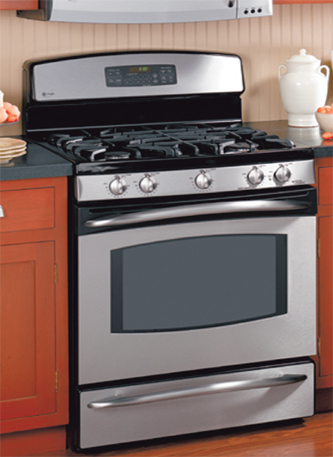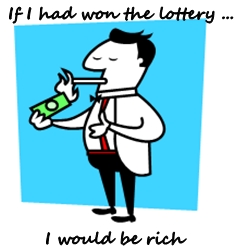- too + adjectives/adverb + to-infinitive (negative meaning = more/less than what is needed)
Did you boy a new fridge? No, it was too big.
This microwave is too complicated.
- adjetive/adverb + enough + to-infinitive/noun + enough (positive meaning; as much as wanted/needed)
This mixer is easy enough to use. ( It's very easy to use. I can use it easily.)
We have enough money to buy this iron. (We can afford to buy it).
Did you cook dinner? No, there was enough food from last night.









